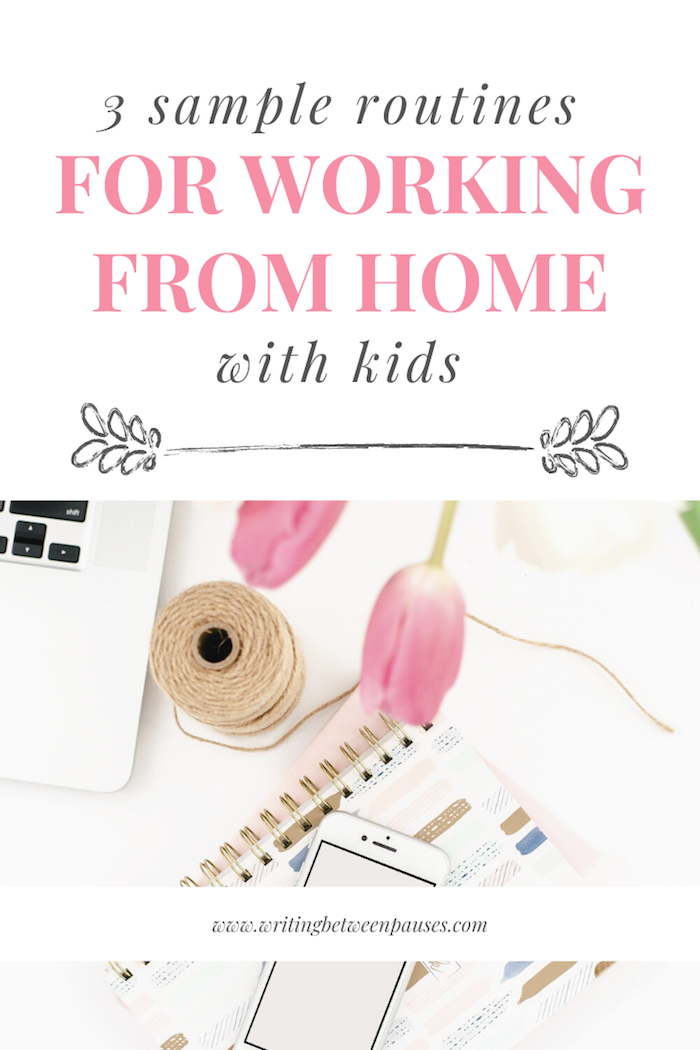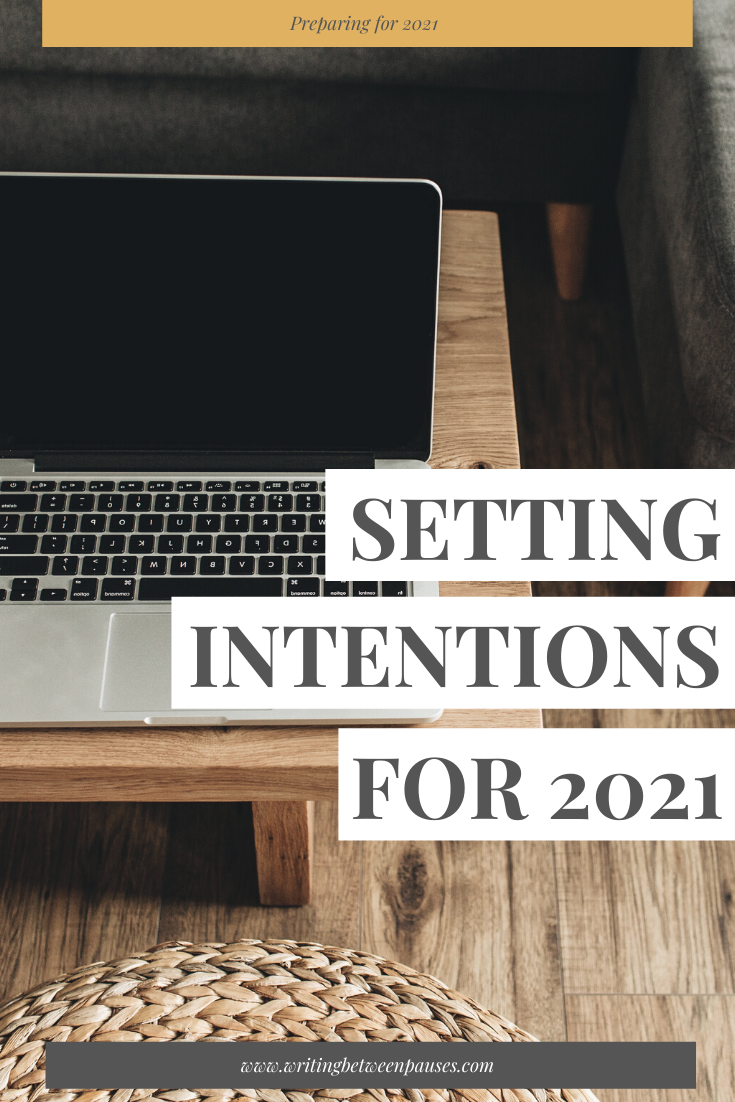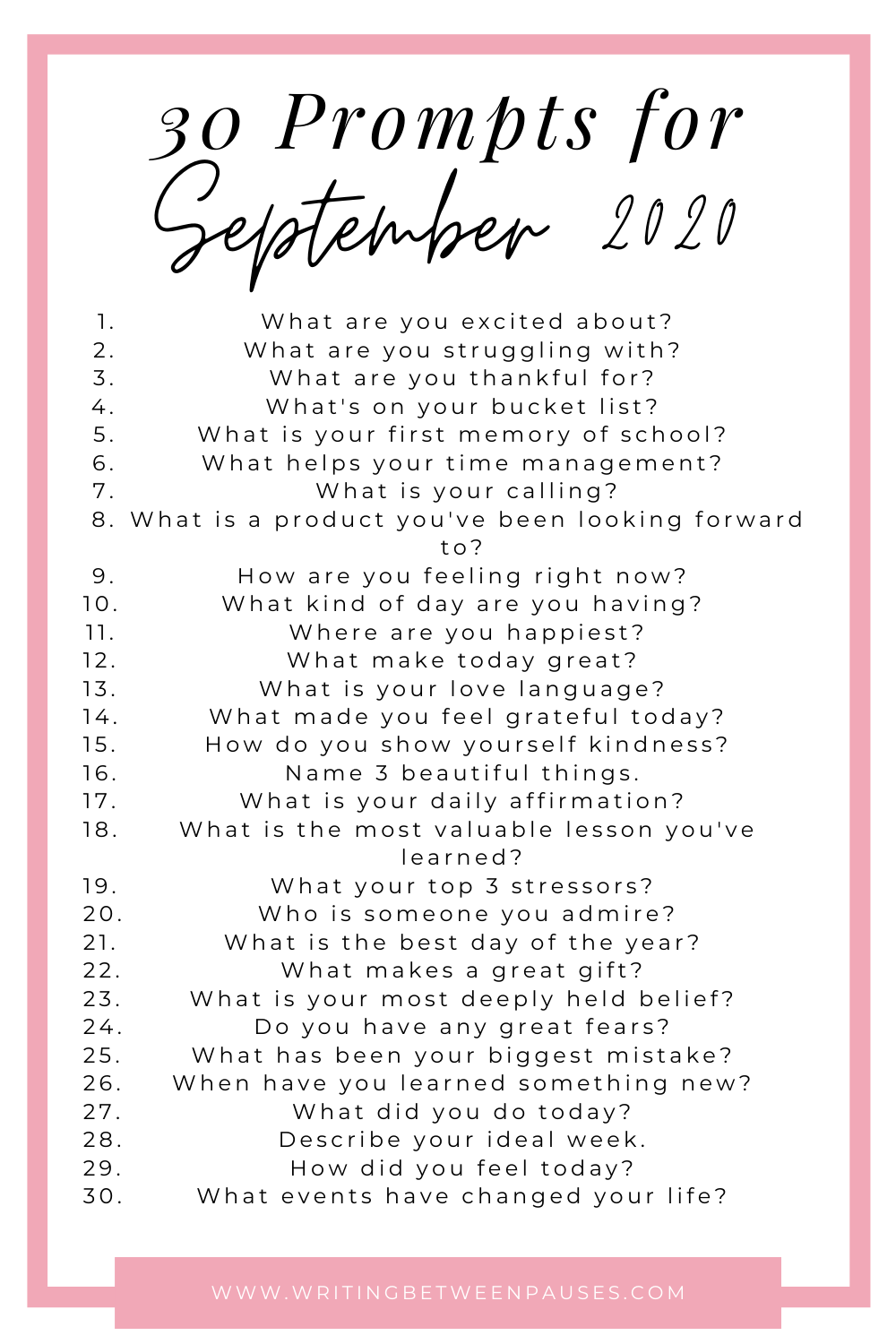Welcome to the Diversifying Your Skills series! Learning new skills in your life and career can be really rewarding—but challenging at the same time. What does it mean to realize you’re missing a skill for your career or, worse, life? How can you best learn new skills? I’ll be answering those questions and more in this weekly series. To read the previous posts in this series, click here.
A few weeks ago, I had a great phone call with a rep from the company, Bench; what they do is basically super easy, efficient bookkeeping for entrepreneurs and small businesses. It’s like Quickbooks, but slightly more millennial (and way easier to use). While I decided to pass on Bench (just for the moment!), it was a conversation I needed to really think about: do I want to learn to do this better (that is, bookkeeping) or do I want to outsource this?
It’s a question for the ages. Even if you’re a regular employee (not a freelancer, solopreneur, or business owner), you’ll eventually have a moment in your career or your life where you have decide if you want to take the time to learn to do something yourself or simply outsource it.
A simpler way to look at it is this: do I want to delegate this task or add it to my plate?
Again, a question for the ages.
This kind of decision making is so common in life; you have to decide how much you want to take on personally, if it’s worth it, if you want to do it, if you can afford to ask someone else to do it.
Here’s the real question though: how can you make the best decision?
When it comes to your career or your life, there is also a benefit to diversifying yourself and letting yourself gain that knowledge. But weighing it against other factors that are just as important is big. In this blog post, let’s talk over some things to think about when it comes to deciding between outsourcing or learning it yourself.
Do you have the time to commit?
Ultimately, one of the biggest decision making factors is time.
Do you have the time to learn this new task?
Are you motivated to learn?
Are you dragging your feet and avoiding it because you have too much on your plate already?
Only you can know if you have enough time to learn a new aspect of your business or career or life. Only you know if you have the time to take it on. If you hate the idea of bookkeeping, or if you simply don’t know when you’ll make the time for it, then outsource it. If you’re already buried beneath work, or if you’re already pretty far ahead in your career, then adding a new skill that might lead to burn out might not be top priority.
A few other time-focused things to consider:
Is it your busy season? If so, now’s not the time!
Are you in the middle of a big transition? (Think: new baby, new house, new job, etc.) If so, now’s not the time!
Are you struggling with your task list already? That’s right; if so, it’s not the time!
Are you outsourcing out of fear?
There is nothing wrong with outsourcing certain tasks. However, ask yourself if you’re outsourcing out of need or fear of learning something new (or because you’re convinced you won’t be good at it/do it well).
It’s ok to ask for help, but it is important to recognize when we delegate or outsource out of a fear of failure or avoiding something we aren’t sure if we’re good at.
Here’s an example: I hate Facebook ads. Whenever clients ask me to do Facebook ads for them, I outsource this task; I recommend someone else or just ask them not to ask me to do it. I’ve been passed on for other freelancers because of this.
The truth is, I know Facebook ads aren’t that scary. I’ve done them before! It’s not that bad! But I find the process of learning too overwhelming and I fear I won’t be good at it. Managing budgets has never been my strong suit. I know I avoid learning about Facebook ads out of fear of failure. And that’s no good.
It’s my goal in 2021 to take a few courses in Facebook ads and to get better at this aspect of my job.
If you outsource, are you giving that person all the information you need?
This isn’t a time where you get to micromanage someone! I said what I said. If you end up delegating a task, but then you micromanage and obsess over how that person is doing it… listen, maybe it’s you.
When it comes to outsourcing, here are a few things to consider:
Make it easy for that person to do their job. If you’re hiring them, making sure they have everything they need to be successful is really the bare minimum in terms of your job.
Don’t be horrible. We’ve all had jobs where we were micromanaged and picked at until we were miserable. If you delegate a task to someone whose job it is to do that task, then they’re an expert. If you’ve spoken to them, vetted them, and learned about them, then you know that. So leave them alone. Let them just do it for you!
Your choice isn’t forever
The most important thing to remember? If you choose to outsource now (your bookkeeping, your taxes, your house cleaning, whatever), it’s not forever. You don’t have to commit to never learning that thing, or never doing that thing again.
You might take it back on when you have more time or after you can take a course. You might give yourself a few years. You might never take it back on. But it’s not a forever thing. You can always change your mind!

























